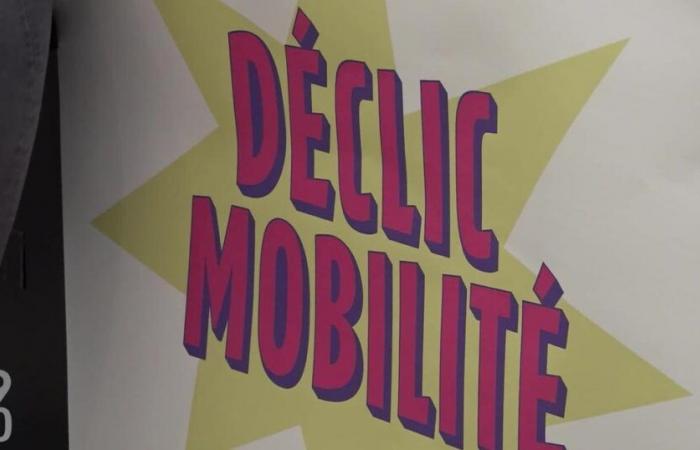In the cantons of Vaud and Geneva, dozens of volunteers abandon their car in favor of softer mobility throughout the month of May. But long -term mobility change is not always easy.
“I’m a little afraid, but I can’t wait to see how it will happen and see if it is possible to drop the car,” says Geneva Clarice Mporamazima Aboagye on Monday in the 7:30 p.m. This challenge participant Mobility click Prepares in particular for a logistical readjustment, she who is the mother of a nine -month -old baby.
The young mother is one of the 72 households participating in this program in Geneva. The other participants have various motivations: saving money, thinking about ecology or living an adventure. In exchange for their commitment, they can travel for free public transport and also use certain bikes for free. On the Vaud side, five large municipalities participate in the challenge “A month without my car”.
Cross a course
Do these experiences lead to a change in long-term mobility? For Patrick Rérat, mobility geographer at the University of Lausanne, it is above all a first step for those engaged. “This allows some people to cross a course. Mobility is anchored in habits and routine and, sometimes, it takes an external impulse to change them,” said the teacher.
It’s hard to do without a car when you have known almost that
In 2024, a first small -scale test took place in the Broye. At the end of this test, 10% of participants wanted to resell their car and 66% announced that they did not want to change their habits. Claudine Pochon had participated. “Alas no, I did not sell my car,” admits this resident of Dompierre. “But I managed to buy half a variety and take more the train and the bicycle,” she said, while adding: “It’s hard to do without a car when you have known almost that.”
Researchers expect better results in major cities, where alternatives to the car are more numerous. The balance sheet is expected in June in the two cantons.
TV subject: Céline Argento
Adaptation web: Julie Liardet








